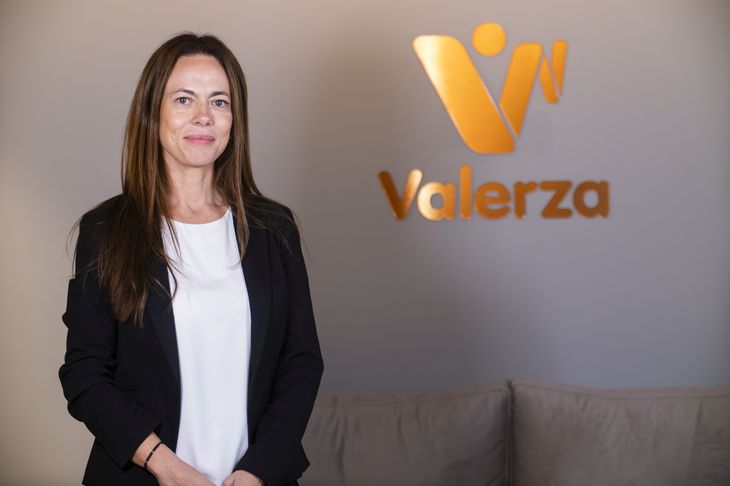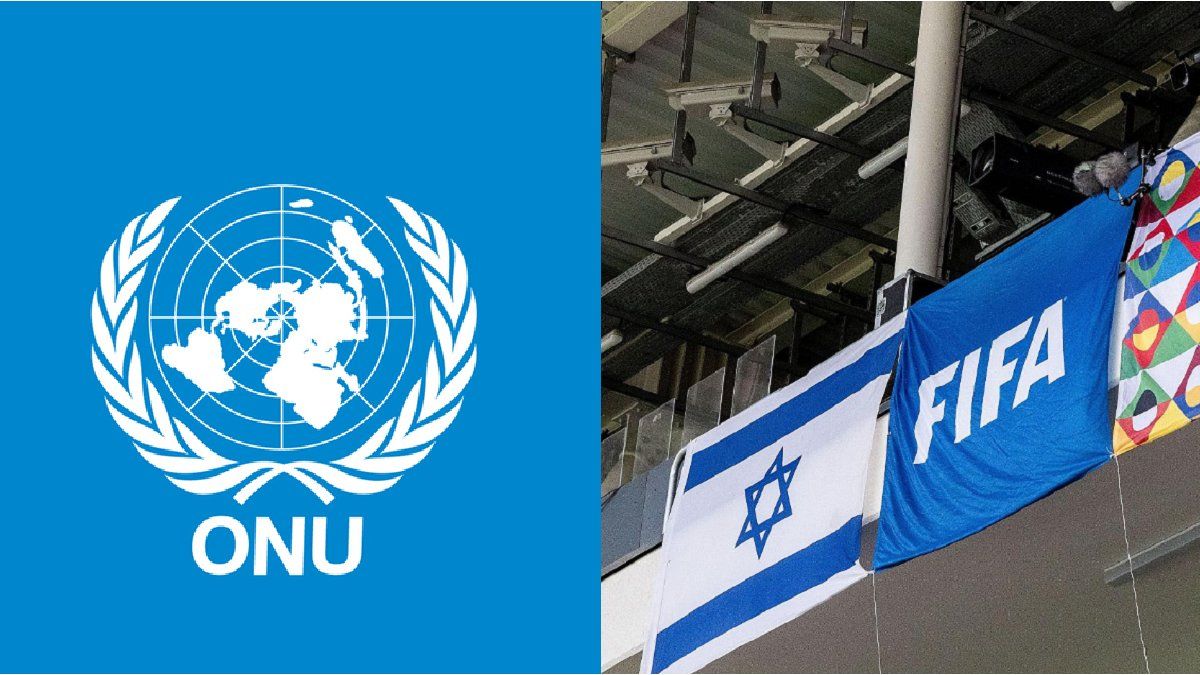Although negotiable obligations are not a new instrument, in the current context there is a renewed interest on the part of investors.
More and more Argentines seek to protect their capital in dollars without going through the blue dollar or the MEP. The Negotiable obligations They appear as a profitable, safe and diversified tool. What is this investment alternative and what benefits or risks do you present in front of others?
The content you want to access is exclusive to subscribers.
With exchange uncertainty as a backdrop, small and medium -sized Argentine investors seek alternatives to dollarize without exposing themselves to the risks of the informal market. In that context, negotiable obligations (ONS) gain prominence for offering an attractive combination: legality, profitability and access from low amounts.


“ONS allow investing in dollars or instruments tied to the exchange rate without having to go through the Blue or MEP dollar. They are regulated instruments, which avoids the risks associated with the informal market”he explains Moira Flynn, Economist graduated from the UBA and investment advisor in Valerza. According to the specialist, some ONS can be purchased in pesos and return dollars at the expiration, which represents an interesting option for those who seek to indirectly dollarize. In addition, they pay interest in hard currency or adjusted to the exchange rate, which protects capital against devaluation.
Photos Valerza_76[1]

Moira Flynn, economist graduated from the UBA and investment advisor in Valerza.
As for the type of companies that emit these instruments, FLYNN highlights that ONS are usually placed by large and medium -sized companies, such as energy firms (YPF, Pampa), agro -export, industrial, technological and financial. However, there are also SMEs that access the capital market through this mechanism. “They are accessible products for the small saving, which can begin to invest from $ 1,000 OU $ S100 through any local investment platforms”he says.
Faced with other alternatives in dollars, ONS offers differential advantages. “Unlike the MEP dollar or the ticket, the ONS pay periodic interest. In addition, they are legal and regulated investments, with total traceability. Another advantage is that they allow diversifying the risk, since you can choose between different sectors and emitters’ profiles,” says Flynn. Some ONS, in addition, are exempt from personal property tax, provided they cotic in authorized markets.
When deciding, there are key factors that the investor must take into account. “It is important to evaluate the risk of the issuer, the financial health of the company and its payment history. It is also essential to understand what type of ON is being purchased: if it is a linked —Ghered in pesos but adjusted to the exchange rate – or directly in dollars. In addition, you have to look at the deadline, liquidity in the secondary market and real performance against inflation and devaluation. The credit qualification, when available, is also available, it is also available, it is also available, it is also available, it is also available, it is also available, when it is available, it is also available to Risk, ”concludes the economist.
Although negotiable obligations are not a new instrument, in the current context there is a renewed interest on the part of investors. The combination of exchange restrictions, persistent inflation and the search for legal alternatives to protect the value of money drives its demand. For many, it is an intermediate option between the safety of traditional instruments and the need to protect against the dollar, without resorting to the informal market.
Source: Ambito
I am a 24-year-old writer and journalist who has been working in the news industry for the past two years. I write primarily about market news, so if you’re looking for insights into what’s going on in the stock market or economic indicators, you’ve come to the right place. I also dabble in writing articles on lifestyle trends and pop culture news.




